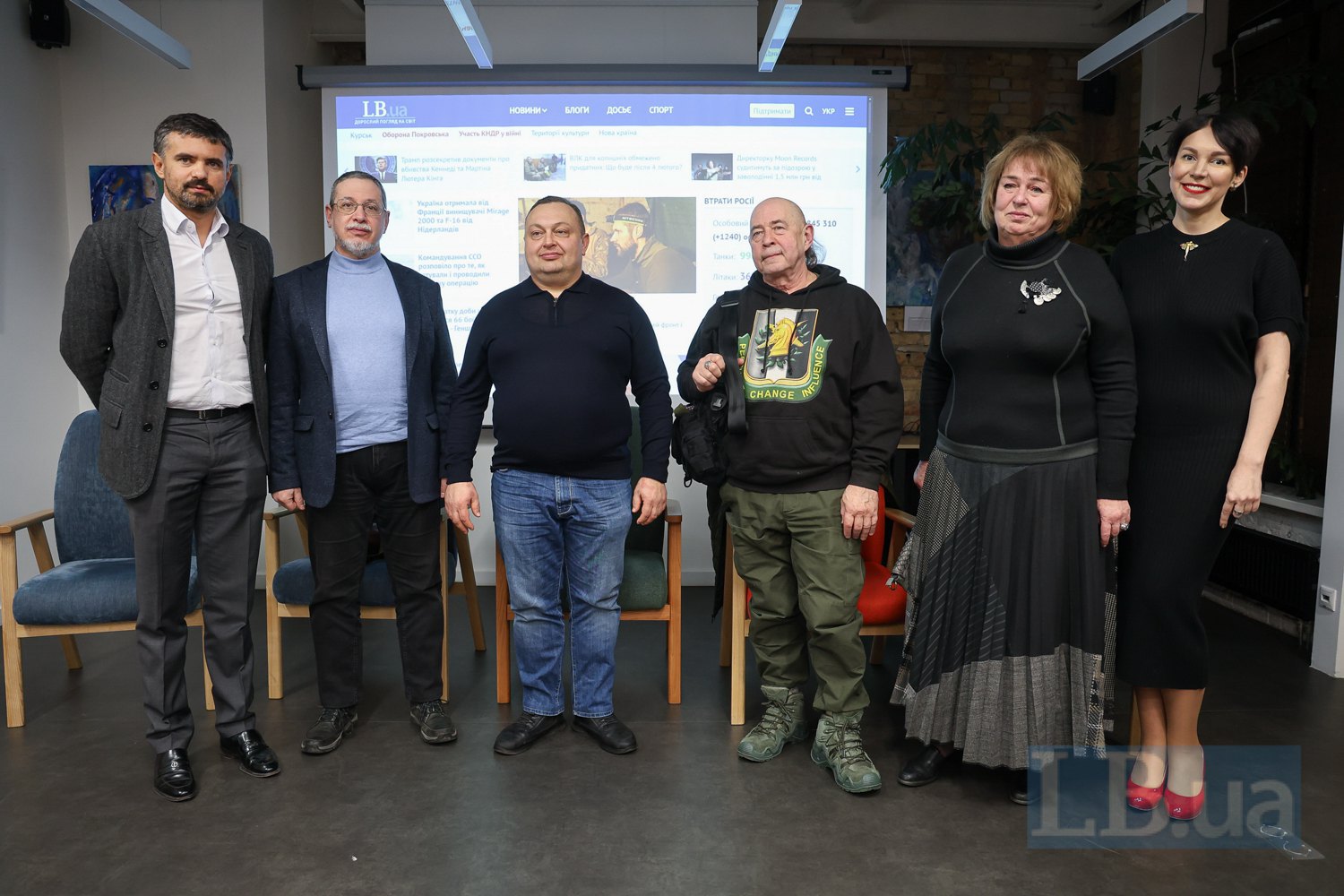
30 million people remain in Ukraine. 9 million are abroad – and many may not return
According to Ella Libanova, Director of the Institute for Demography and Quality of Life Issues, who cites data from mobile operators, around 30 million people currently live in Ukraine.
Approximately 5.2 million Ukrainians are abroad: 4.2 million in the EU and 1 million in other countries, including the UK, USA, Canada, Argentina, Georgia, and Moldova.
Another 3 million left as labour migrants before the full-scale invasion. Many initially returned but later left again and obtained residence permits. Over a longer period, this number rises to 4 million, bringing the total number of emigrants to around 9 million.
And with each passing month of war, Libanova notes, fewer Ukrainians are coming back.
“Every month of active war means more people deciding to stay abroad: they adapt, their children settle into school, adults find work,” she explains. At the same time, each month of bombings in Ukraine results in further destruction of infrastructure, housing, and jobs.
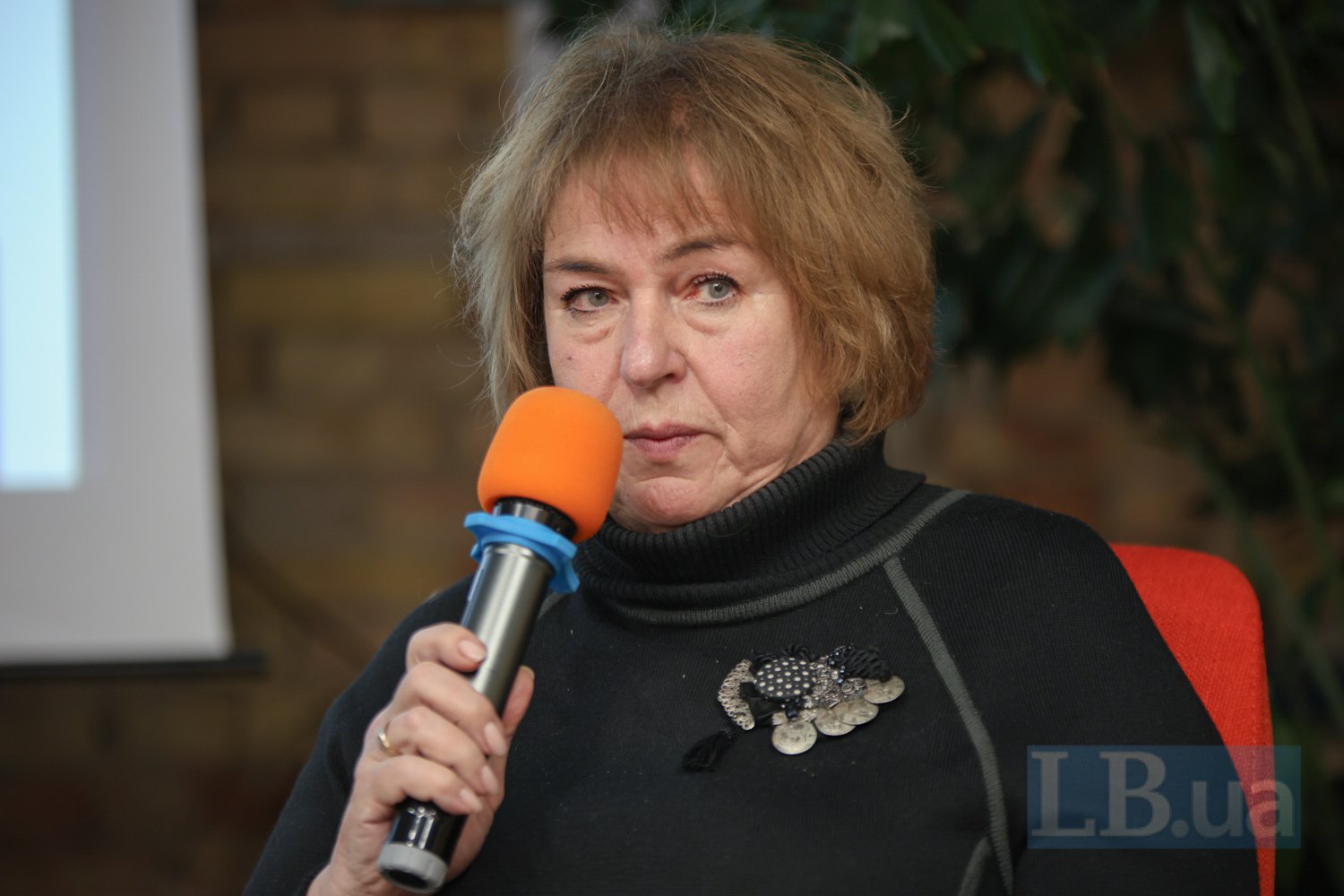
“I once hoped for 60% to return, then 50% – now, if a third comes back, that will be a blessing. The situation is deeply troubling, but it is what it is… Still, the fact that these people left and survived is important. Many of my colleagues disagree with me, but I believe there is no greater value than human life. These people are alive, their children are alive. Thank God,” said Ella Libanova.
One-third of the population is cold towards those who left
Approximately 30% of those living in Ukraine have a cold attitude towards those who have moved abroad. These figures, as of the end of 2024, were announced by Oleksiy Antypovych, head of the Rating sociological group. (Additionally, 20% feel the same way about those who remained in the occupied territories).
According to the sociologist, this sentiment can be explained by the fact that, according to polls, 60% of emigrants left from southern and eastern Ukraine.
“They left with what? With Russian as their everyday language, with a strong influence of Soviet values in their past. They were leaving Zaporizhzhya, Kherson, and Donetsk Region. Take Mariupol, for example.
While abroad, they did not go through the stage of adapting to the war – something we all experienced here. They also missed the stage of unity against the enemy. The war united us; for 97% of Ukrainians, Russia is the enemy. But is it the enemy for those who left? Perhaps for them, ‘not everything is so clear’ – we’ve heard this phrase before,” said Oleksiy Antypovych.
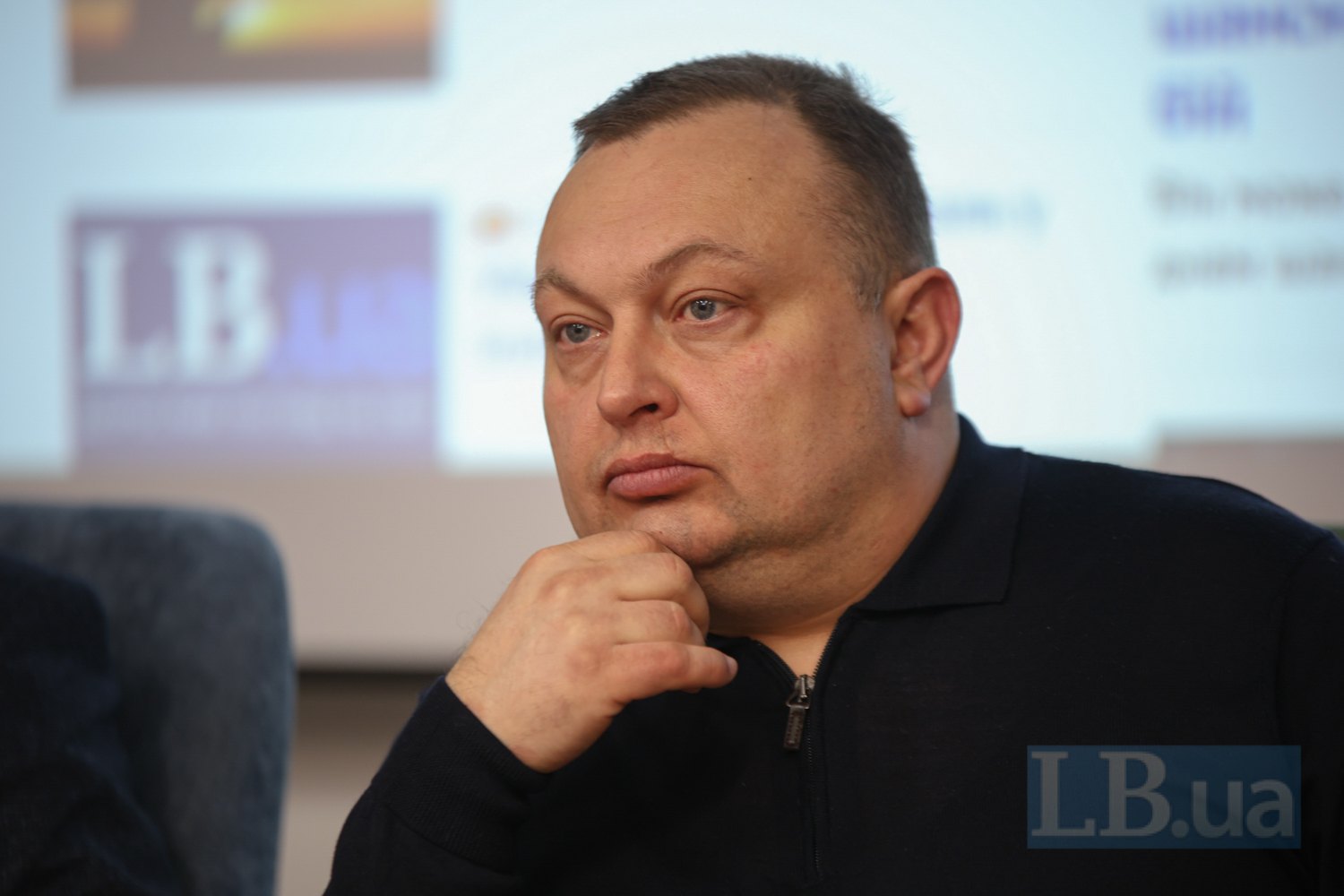
Ella Libanova adds that this divide is also due to the fact that many people from southeastern Ukraine mainly consume Russian-language content abroad. They use social networks like Odnoklassniki, follow Telegram channels, and often watch Russian television. Ukrainian-language content cannot compete with Russian content in terms of influence, let alone surpass it.
As a result, this growing gap between Ukrainians living in Ukraine and those in Poland, Germany, and other countries could become a major fault line in the future, warns Antypovych.
Why emigrants are difficult to bring back
First and foremost, as Ella Libanova has pointed out, Ukrainians tend to adapt well to their host countries. According to her, in Poland, 80% of able-bodied women without children or health problems are employed.
“The unemployment rate among Ukrainian women in Poland is 18%, while in Ukraine, it is 17% - a worrying figure for us,” says the director of the Institute for Demography and Quality of Life.
Moreover, she adds, governments in host countries will do everything possible to keep Ukrainians there.
This is confirmed by Bartosz Cichocki, former Polish Ambassador to Ukraine.
“Our problem is not just economic - it’s demographic. Our pension system is collapsing. We need to relocate thousands of families, not just for work, but to have children and grandchildren. To ensure taxes are paid in Poland,” Cichocki explained, outlining the situation in his country, where, as of 2024, nearly a million Ukrainians held temporary protection status.
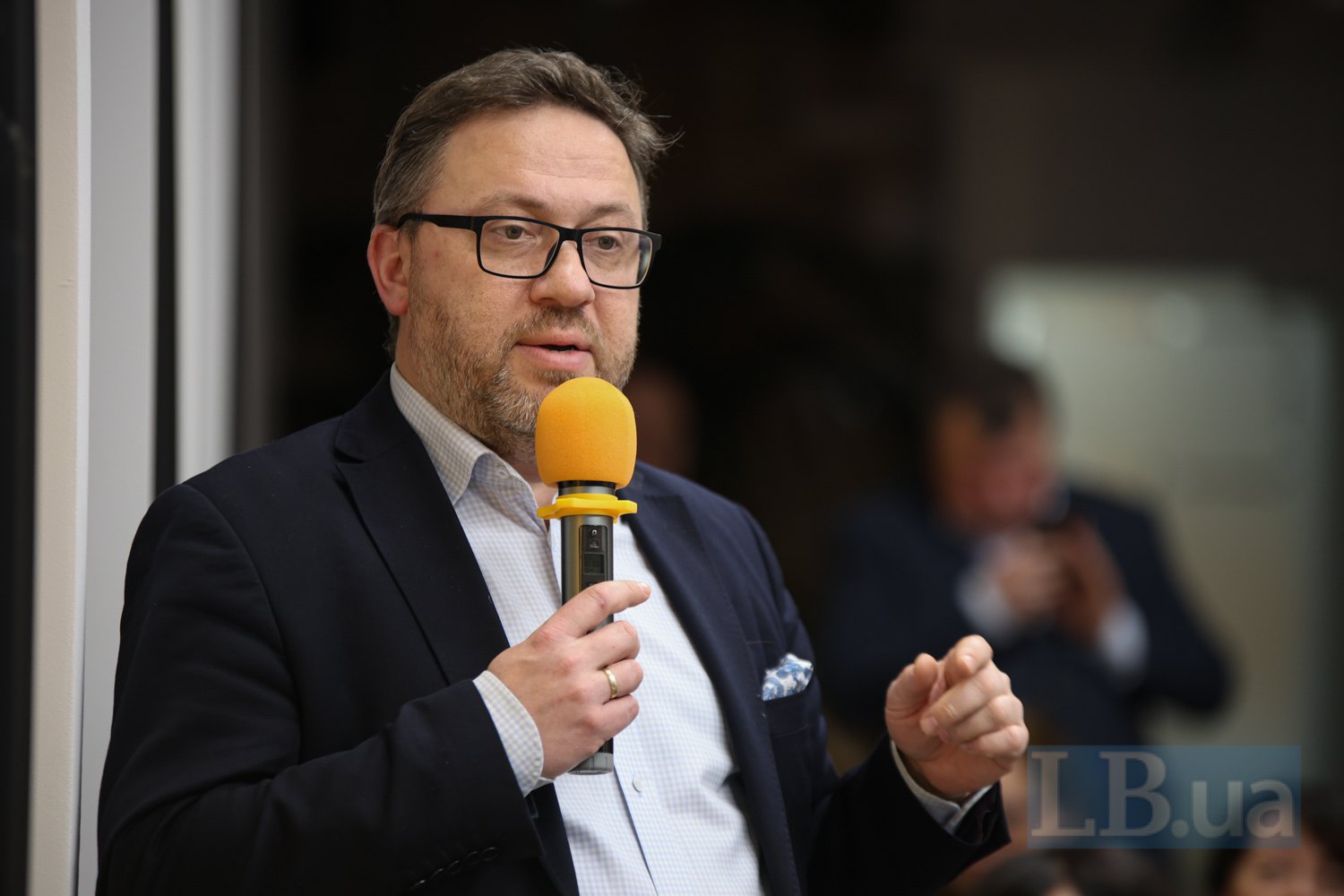
“In Kraków and Warsaw, I saw Ukrainian flags as if I had never crossed the border. You hear Ukrainian and Russian spoken everywhere. Ukrainian shops are appearing, not just for Ukrainians. And there are no conflicts over this,” says the former ambassador, emphasising that Ukrainians are seen as an understandable and well-integrated community, despite general anti-immigration sentiment in Poland.
However, many Ukrainians are also hesitant to return due to various concerns. First and foremost, security, says Ella Libanova. They also worry about employment, social stigma from those who remained in Ukraine, and being treated like internally displaced persons (IDPs) from Donbas in 2015. Some fear criminal liability for crossing the Russian border - often the only way to flee from the south and east. Others are afraid of mobilisation, the scholar stresses.
In her view, every Ukrainian today has a duty to use their social connections to dispel these fears. Otherwise, Ukraine risks a deepening societal divide - something that, she warns, would be the only true victory for Putin.
How to bring Ukrainians home
It is entirely natural to flee from war, and Ukrainians are not cowards, says Volodymyr Vyatrovych, a historian and member of the European Solidarity party. Ukrainian history has already seen large waves of emigration - in 1921 (after the defeat of the Ukrainian state) and in 1945 (after World War II).
However, these waves were somewhat smaller in scale than today’s. Back then, emigration was primarily political, aimed at preserving Ukrainian identity, the historian explains.
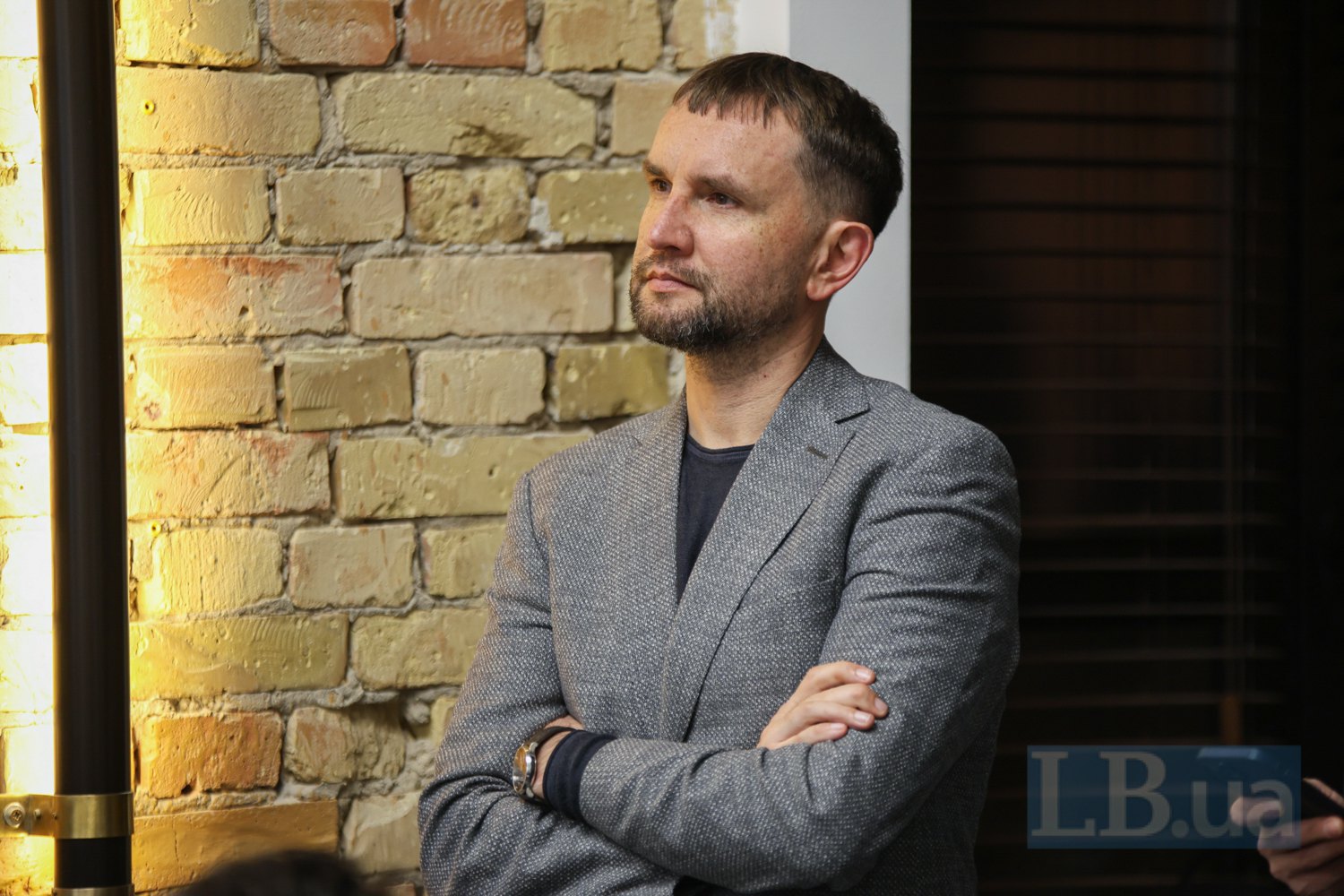
“I know many people who are descendants of these political waves of emigration, especially after 1945. Some said they lived out of their suitcases, always ready to return - especially when the Cold War escalated. This ‘suitcase lifestyle’ and the fact that those who left had a strong political and national identity helped them preserve their Ukrainian identity,” Vyatrovych says. “Moreover, paradoxically, the exodus of hundreds of thousands of Ukrainians actually helped save the Ukrainian nation to some extent. What was preserved in emigration later returned to Ukraine, allowing us to revive more quickly. Had this political emigration not taken place in the twentieth century, the USSR would likely have been far more successful in its genocidal policies.”
Today, the situation is different - ordinary Ukrainians have gone abroad, many from the south and east, the most russified regions. This means their level of national identity was already below average, the historian notes.
“What should be done with these people? Obviously, we need a genuine state policy to maintain their national identity abroad. We need a strong state policy in education - we must do everything possible to ensure that Ukrainian children abroad have access to Ukrainian education.
“We also need a serious cultural policy. In principle, I think the idea of creating a Ministry of Unity is good. However, the problem is that we have yet to hear what it will actually do - what state policy instruments it will implement. So far, I see no real state policy aimed at keeping these people Ukrainian,” the MP emphasises.
One possible tool he suggests is allowing multiple citizenships so that Ukrainians living abroad do not lose their connection to Ukraine.
“This, excuse me, is our human capital. These people can serve as our political lobby in Europe, the United States, and beyond. Thanks to previous waves of political emigration, independent Ukraine gained international recognition in 1991. Therefore, losing these people is not an absolute catastrophe. Of course, it is unfortunate, and of course, it is difficult. But we must acknowledge the situation as it is and make the most of it,” Vyatrovych concludes.
40% of young people would like or are ready to change their place of residence
Oleksiy Antypovych, head of the Rating sociological group, has highlighted another concerning statistic: 38% of Ukrainians aged 18–29 are either ready or would like to change their place of residence. Among them, 15% want to leave Ukraine, the same percentage favour moving to another region, while the rest prefer relocating within their own region.
However, Antypovych and other speakers do not see this as a catastrophe, particularly in the case of internal migration.
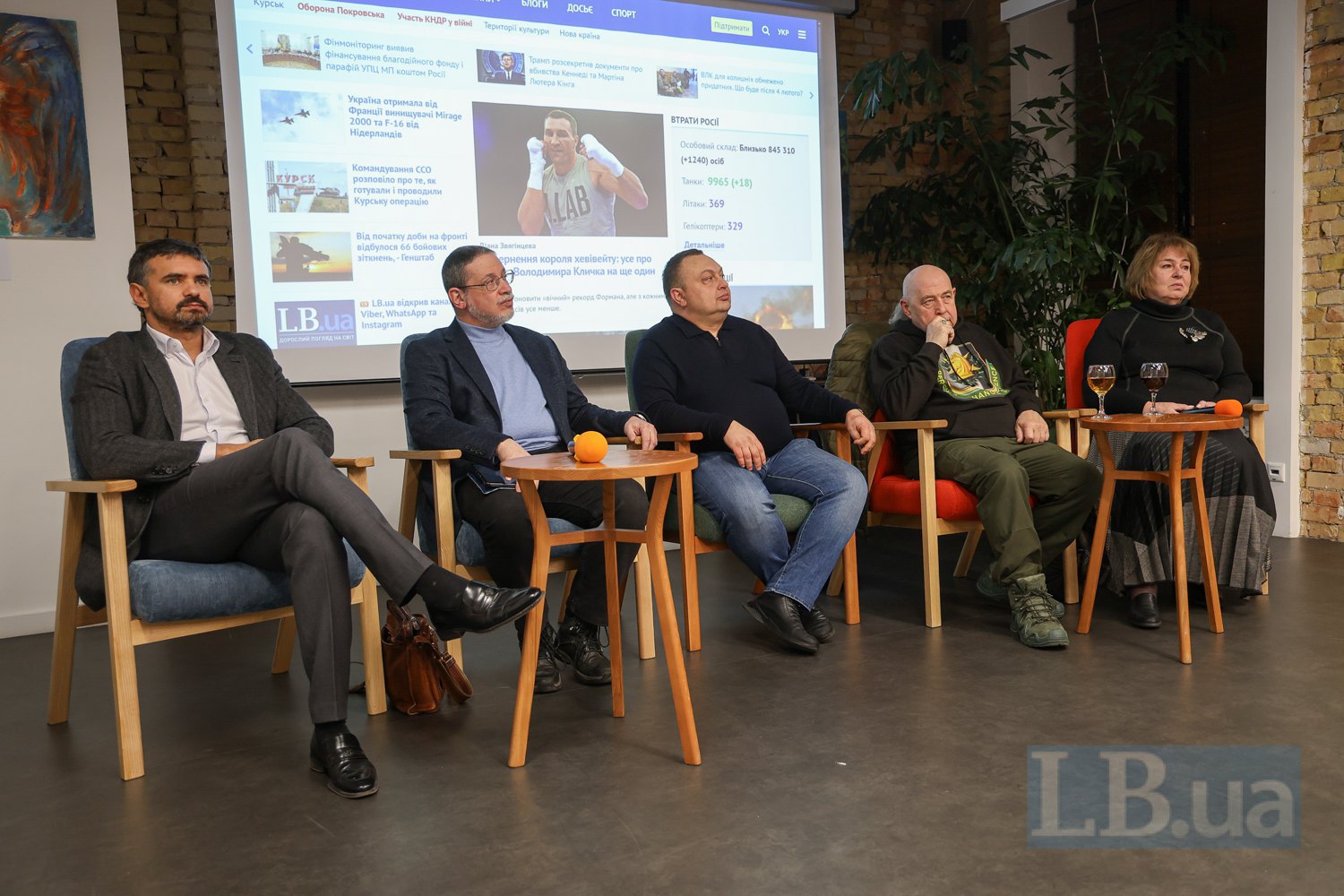
“Historically, people who moved from rural areas to regional centres 100–200 years ago brought with them a rural yet distinctly Ukrainian culture. At that time, full-scale russification had not yet taken place, which, to some extent, worked in our favour. The same dynamic could help us now. Young people are searching for something more interesting, something better. But the percentage of those willing to go abroad is what we should pay attention to,” says the sociologist. He also notes that when families face a choice between Ukrainian or foreign education, children and their parents almost always opt for the latter.
“Mobility in society is a good thing. It’s good when people travel. In our country, lack of mobility was a problem - 90% of people never travelled outside their district. Do 10% want to go abroad? There have always been people like that. Half of those who say they want to leave have never done anything about it and likely never will. It’s just wishful thinking. Do you want to be rich? Of course. But do you want to work for it? No. The fact that only 10% of young people want to go abroad is actually a very low figure. It’s a reassuring number, and it’s lower than it used to be,” added Valeriy Pekar, a lecturer at Kyiv Mohyla Business School.
Ukrainians are losing faith in victory, and the US has no leverage to force Putin to negotiate
Now in the fourth year of full-scale war with Russia, 90% of Ukrainians still believe that Ukraine is capable of winning. However, only 50% now say “definitely yes,” compared to 70% in previous polls, according to data from the Rating Group.
According to Antypovych, uncertainty and instability in economic and political assessments, as well as in perceptions of the war and personal plans, are causing growing apathy in society.
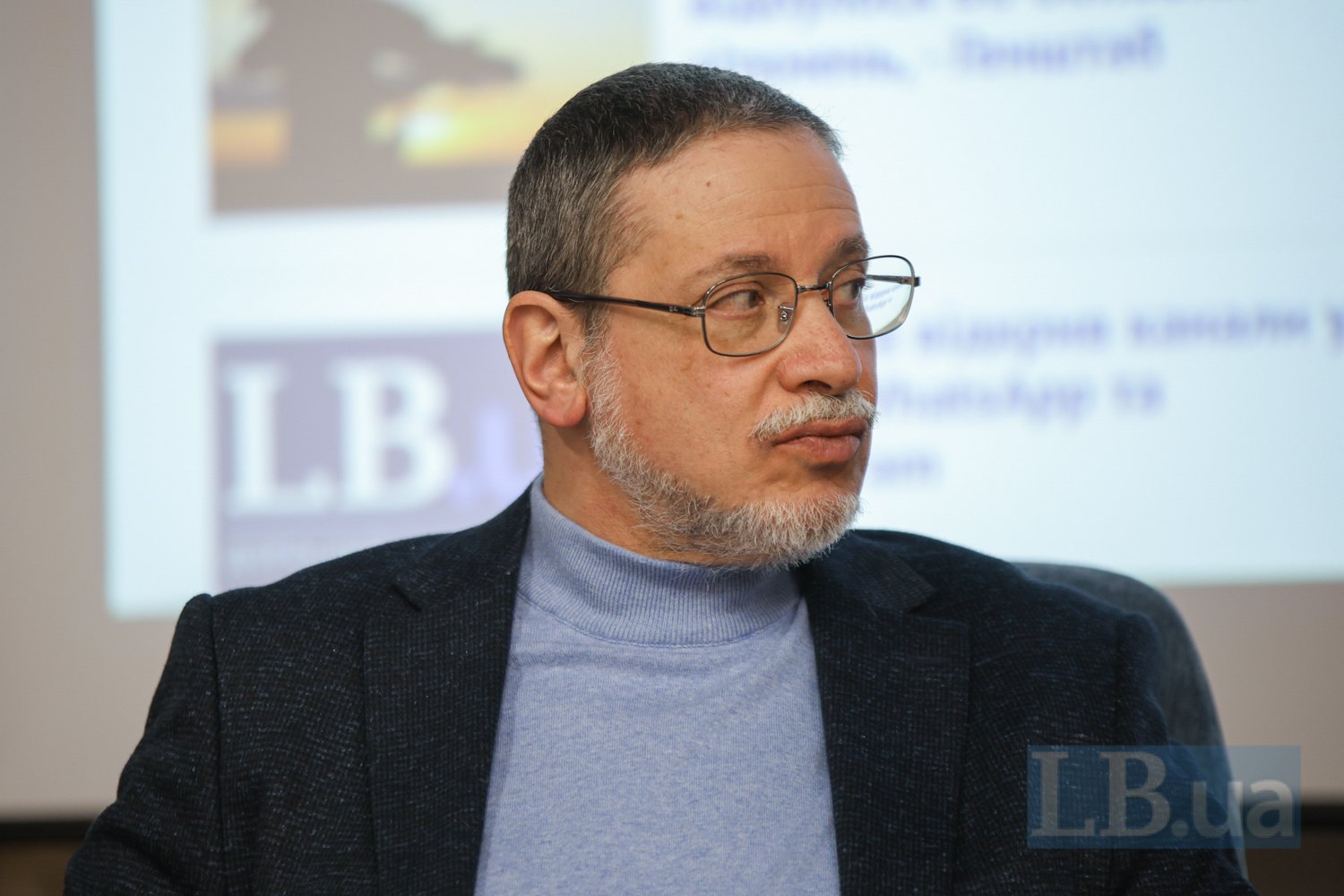
But it is too soon to despair, says Valeriy Pekar. In his view, 2025 will once again be a year of survival for Ukrainians and a test of their resilience, as Russia intensifies its efforts to destabilise the country.
“The biggest threat is not that the frontline will collapse… The biggest threat is that the rear will collapse. Their goal is to make us turn against each other. However, I don’t think we will,” Pekar said.
He also believes Ukrainians put too much faith in Donald Trump’s ability to end the war.
“Most of what you read has no real meaning or impact on our future. Right now, efforts are underway to craft a solution that would allow the newly elected US president to position himself as a global peacemaker. But no one knows how to achieve this. There is a massive search for a way forward… but Putin is not ready to come to the negotiating table. The United States has no leverage to force him to do so. China could help, but it has a 300-page list of demands in return. That won’t happen quickly either.
I see many possible scenarios for how this war could end, but frankly, I don’t see any scenario where it will end in the next few months or even within the next year,” Pekar added.
What about the moral state of society?
According to the international scale of diseases, the incidence of schizophrenia and paranoia in Ukraine is no more than 1.5%. This is a small figure, says social and military psychologist Oleh Pokalchuk. “There are affective states, episodes of mass reactive psychosis, but they tend to disappear as quickly as they appear.”
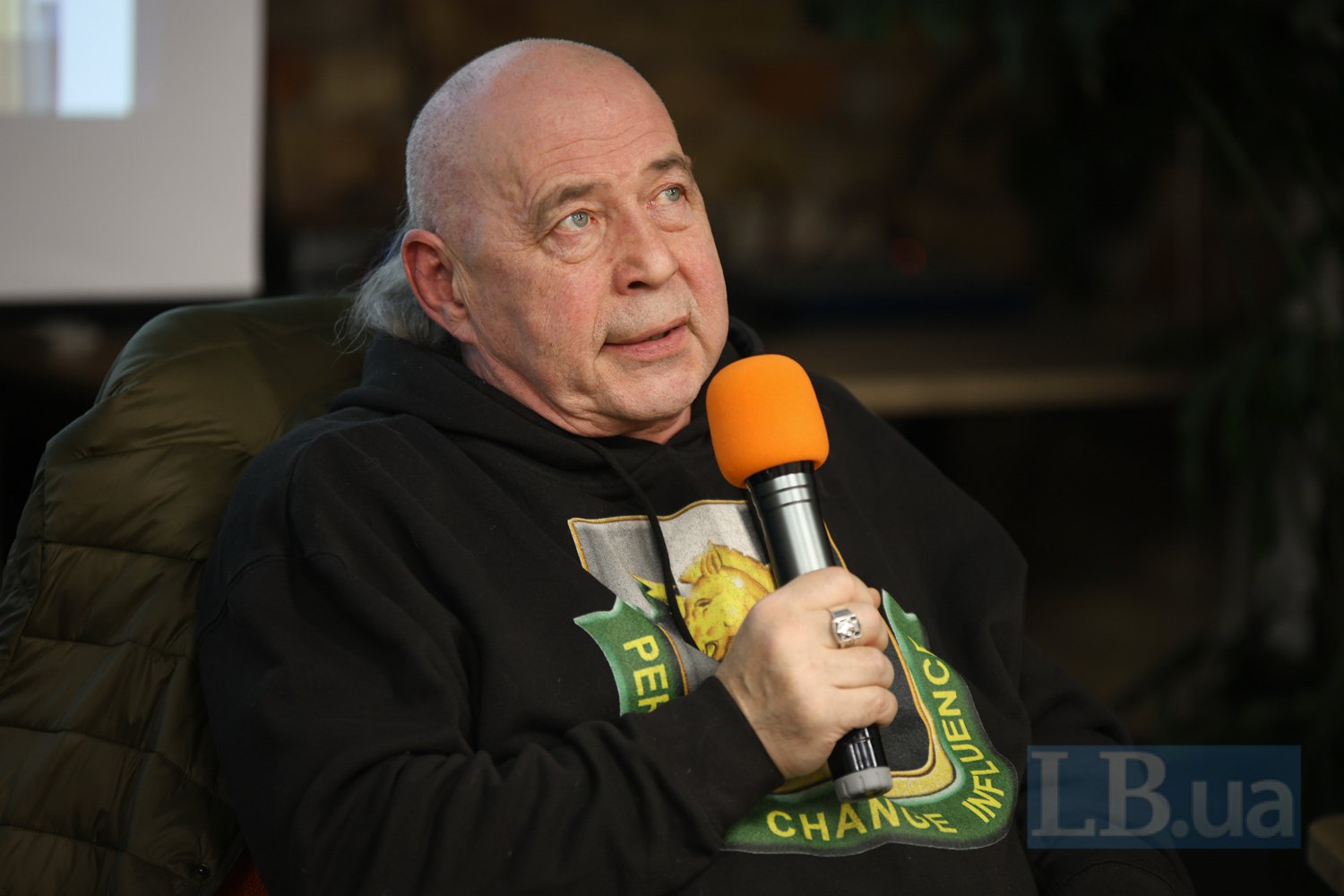
The psychologist notes that civilians are generally more psychopathic than the military.
“The military, of course, have their own traumas. There are, let’s say, existential situations. Because when you see the ‘rich inner world’ of a person - 15 metres of intestines hanging from trees - all these artistic and literary concepts fade into the background. Black-and-white thinking takes over: there are your own, and there are all the others. And in this context, the scales are not comparable,” he explains.
According to Pokalchuk, psychopathy is often exacerbated when a person experiences an illusory trauma or imitates suffering. In contrast, when someone is in real pain, there is no time for reflection.
“These imitations of suffering are almost quasi-religious. ‘I will suffer too. I will share my suffering with others - maybe someone will feel better.’ But in reality, you are simply multiplying your own suffering and that of others. If you want, you can keep multiplying it,” says Pokalchuk.
At the same time, he emphasises that a change in attitude does not necessarily mean a change in behaviour, especially given the Ukrainian mentality, where people tend to talk a lot but do little. He believes it is essential to give society the opportunity to release built-up tension.
“Emotions are channelled through the press, through democratic discourse, through heated arguments, and even through nonsense - endless quarrels. This is a way for society to let off steam. If the government knows how to manage this, it relieves the pressure. But if something blocks this release - if they try to tighten the screws - then the consequences will be inevitable,” Pokalchuk warns.
However, he sees no serious threat of conflict between civilians and the military after the war.
Lines of division in society
Like any democratic society, Ukraine has dividing lines. For example, whether someone participated in the war directly at the front or not, whether they evacuated or stayed, or whether they travelled abroad, explains demographer Ella Libanova. However, she warns that Russia will attempt to exploit these divisions, turning them into deep fault lines.
“Photos circulate on social media showing our women supposedly ‘fattening up’ abroad, as if they never leave Nice, Cannes, or posh restaurants. On the other hand, there are furious reactions against them online, presented as the voice of the people,” she explains.
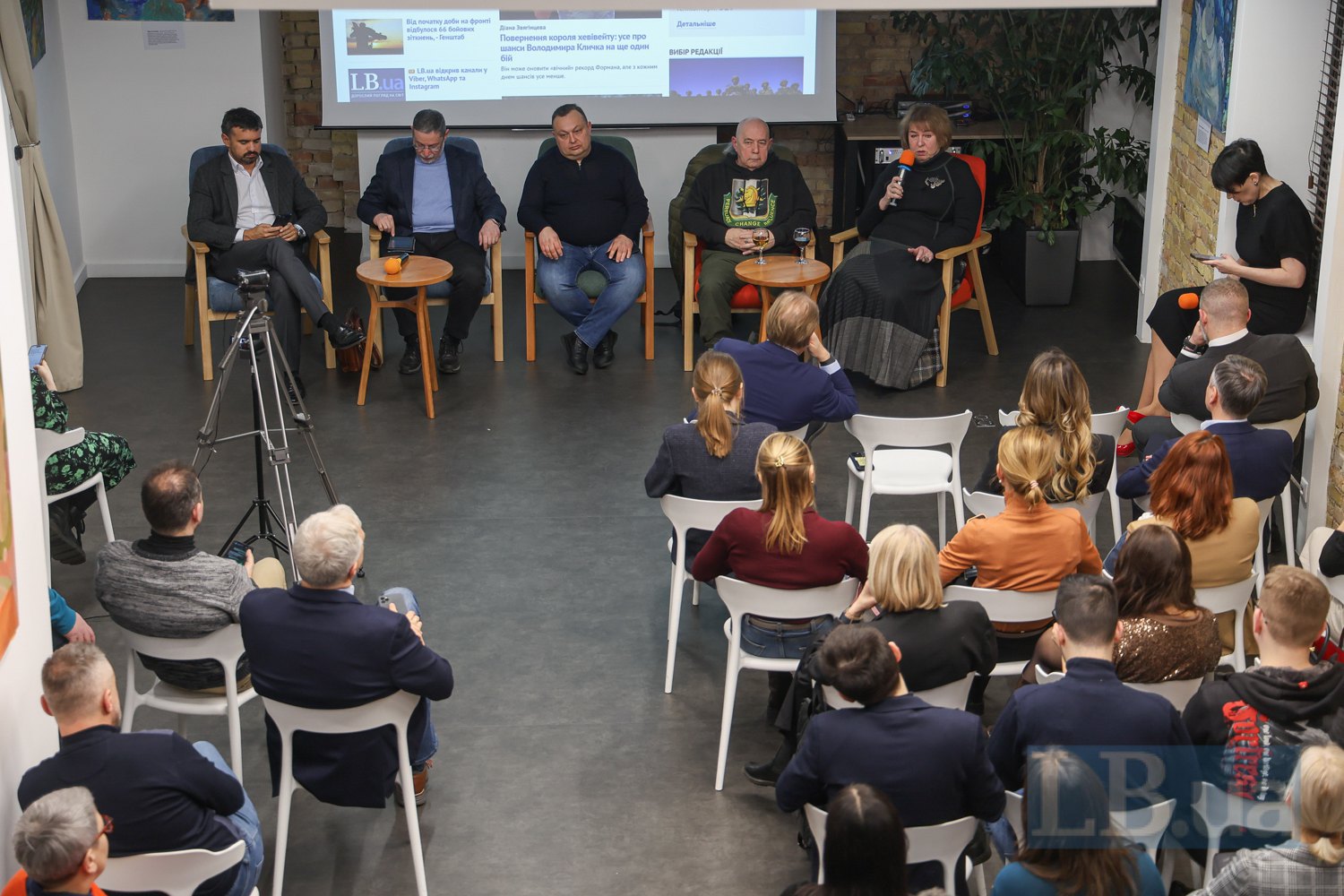
In addition to different wartime experiences, several other factors traditionally divide Ukrainian society, says Oleksiy Antypovych. These include corruption (“If someone steals, I lose - this creates division, while the fight against it fosters unity”), language and religion (currently less relevant but always present), and elections - an experience that, according to polls, always divides and never unites Ukrainians.
Elections in a time of war: possible or not?
Elections cannot be held during martial law due to several security, legal, and moral reasons, says Valeriy Pekar, a lecturer at the Kyiv Mohyla Business School. One of the key reasons is that the military would be unable to participate, which would make such elections appear unfair to society, he adds.
Pekar notes that both civil society and NGOs oppose elections under current conditions. Ukrainian political forces have also reached an agreement within the framework of the Jacques Monnet Roundtable to hold elections no earlier than six months after the end of martial law.
Therefore, any demands from international partners regarding elections only suggest that “there is a promise to offer some format of a peace agreement very quickly, but no real understanding of how to achieve it - so sometimes a random number generator is turned on,” the expert says.
He also considers the statement by Trump’s special representative for Ukraine and Russia, Keith Kellogg, that most democratic countries hold elections during wartime to be manipulative. Ukrainian election experts, in collaboration with international partners, have clearly determined that there is no precedent worldwide for holding elections in wartime conditions comparable to Ukraine’s current situation.
“There are small wars; there are countries engaged in conflicts on distant continents rather than their own territory; there are nations that have held local elections in certain districts. But no one has faced the challenges that Ukraine would encounter if it attempted to hold elections at this time. Therefore, as long as the war continues, there will be no elections,” Pekar asserts.
Economic freedom: Ukraine’s only path to success
Despite the difficulties Ukraine is experiencing today, the country has a unique opportunity to build a future-oriented economy after the war, says Ihor Liski, businessman and chairman of the supervisory board of EFI Group.
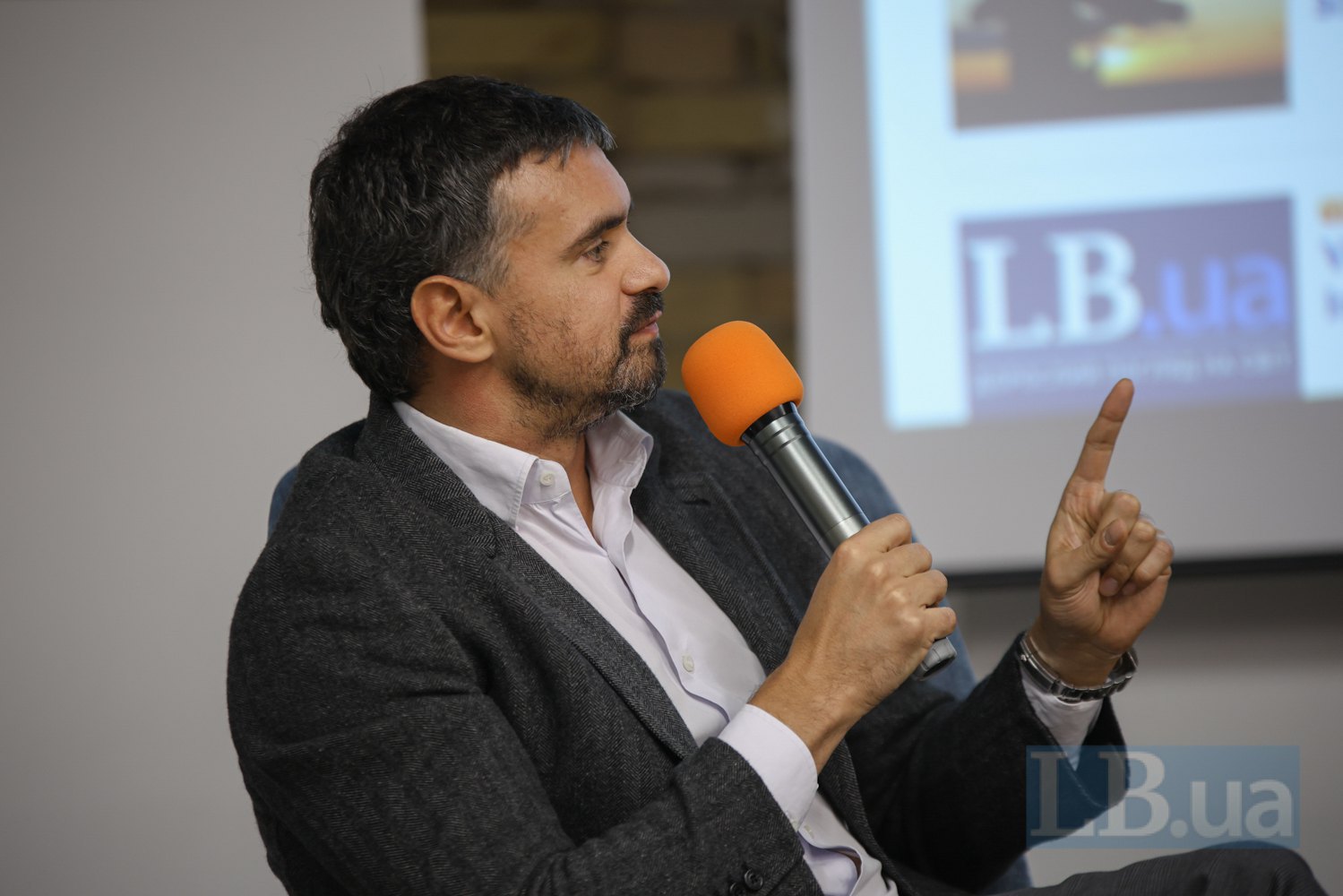
“We are in a great position right now - we are at rock bottom. So, pushing off from here and moving upwards should be easy. However, after the war, Ukraine will either collapse under the weight of everything coming at it or it will develop inefficiently. It all depends on which vision of the future people believe in,” Liski says.
If Ukraine once again chooses a solidarity-based welfare state, it will be unsustainable, as one-third of the population is of retirement age, he explains.
“I’m afraid that a populist agenda under the slogans of progressive European social ideology could destroy this country. There will be pensioners, veterans, and military personnel demanding welfare, housing, and other benefits, arguing that they defended the country. Meanwhile, those expected to provide these resources may leave in search of better opportunities. This social contract needs to be rethought,” Liski argues.
He believes the foundation should be economic freedom - fair and transparent rules of the game, reasonable taxation, and zero tolerance for corruption, rather than traditional populist promises. As long as entrepreneurs - the country’s main creative and driving force - remain in Ukraine, they must be given a clear perspective, he insists.
Once Ukraine ensures security and equal opportunities for people to fulfil their potential, every citizen will feel that living in the country is not only comfortable but also prestigious and economically viable, Liski notes.
Valeriy Pekar also supports the principle of economic freedom.
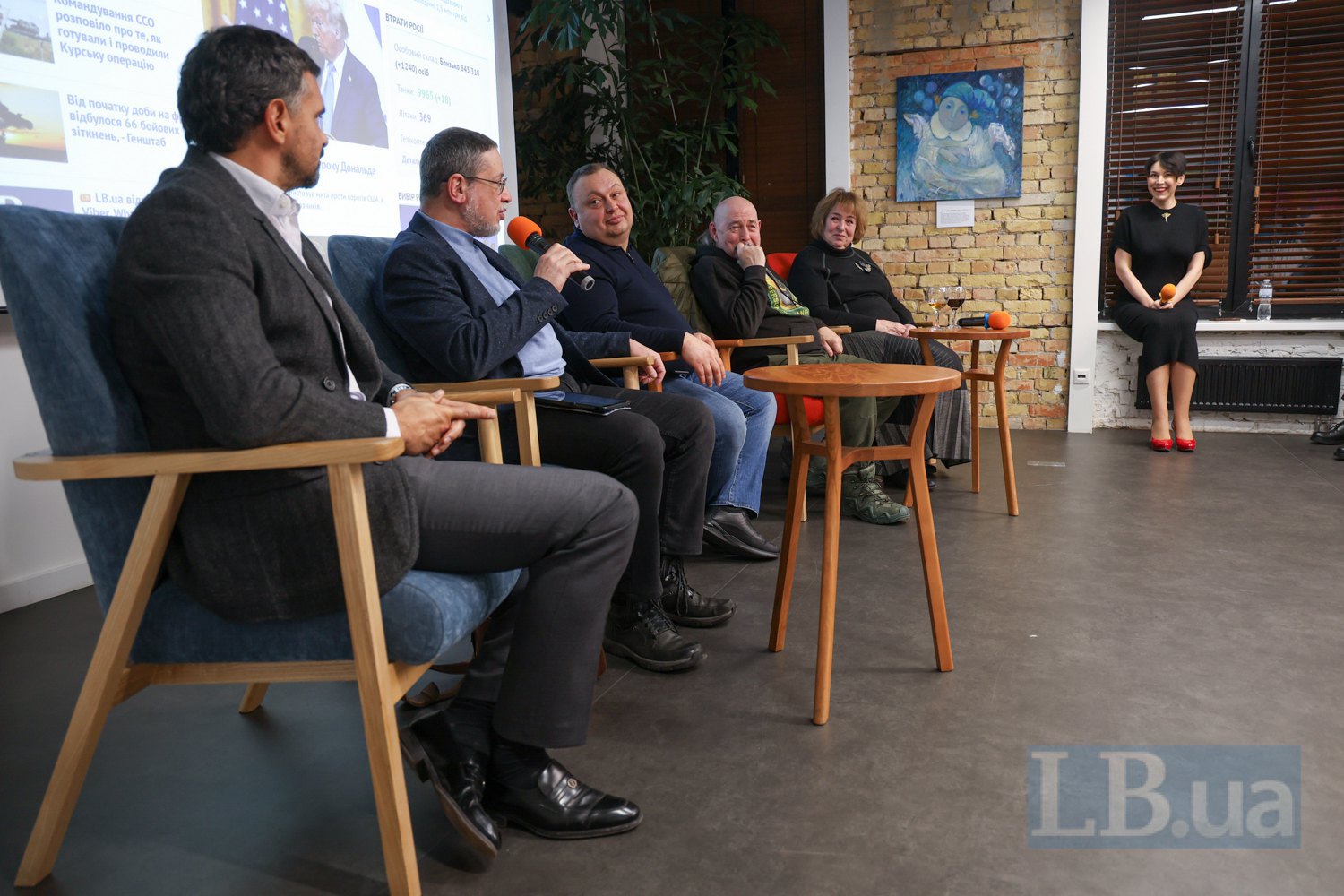
“Economic freedom must be the number one priority after the war. No matter what we try to do, we will inevitably encounter this issue,” he says, recalling that at the start of the full-scale invasion, Ukraine ranked 130th in the global economic freedom index. To attract investors, he argues, the country must at least reach the 70th position.
“If the state fails to develop and implement policies that align with the needs of the economy, the economy will move forward without the state. It won’t be ideal, but it will keep moving,” says Pekar. He concludes that for now, the government still has a chance to involve businesses in shaping joint development strategies.
Immigration: people oppose it, but businesses have no choice
Even if all those who have left Ukraine return, it will not improve the country’s demographic situation, says Ella Libanova, director of the Institute of Demography and Quality of Life.
“The potential for demographic growth has been completely exhausted. If we want to increase the population, there is only one option - attracting migrants from other countries,” Libanova says.
However, 50% of Ukrainians have a cold attitude towards immigrants, according to the Rating sociological group.
Libanova notes that this is not surprising, as Ukrainians are not accustomed to multiethnicity. The country’s population has historically been predominantly mono-Slavic. As a result, it is difficult to predict whether people are ready to live alongside those of different religions, lifestyles, and values.
“We are not xenophobic. We are not a xenophobic nation at all. But we are not as tolerant as Europeans, because tolerance needs to be taught. I cannot say this is necessarily bad. When I look at what’s happening in Europe, sometimes I think it would be better if things were like they are here. But the reality is what it is. And I am absolutely convinced that we are not ready to live alongside a large number of migrants who are completely different from us. This is a real problem,” Libanova says.
Nonetheless, businesses will bring in foreign workers regardless, as they need labour, says Valeriy Pekar, a lecturer at Kyiv Mohyla Business School.
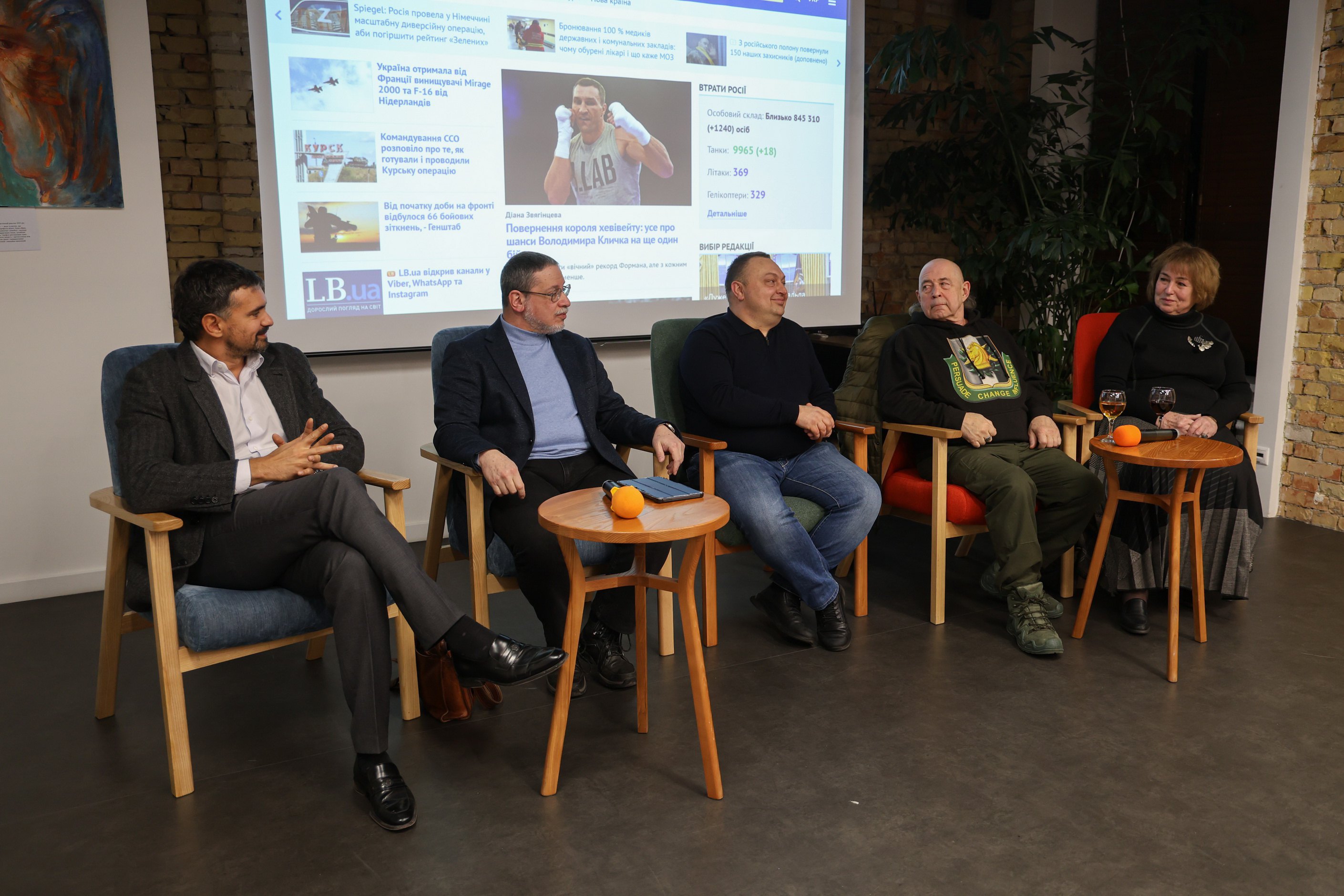
“HR directors are the ones who will ultimately shape Ukraine’s demographic policy. They will do so with their hiring decisions, without waiting for anyone’s approval, because businesses need to grow here and now. And if I need a million Filipinos today, then tomorrow there will be a million Filipinos here. And you will accept them for who they are and be grateful that they are Catholics, not Shiites,” the expert notes.
However, for this process to be truly productive, these immigrants, in his view, must acquire a Ukrainian identity.
“We don’t just need immigrants as workers. We need Ukrainians. Because, let’s be honest, if the Ukrainian nation continues to shrink at this rate, very soon Ukraine’s territory will shrink at the same rate. When you have 10 million pensioners and only 2 million workers, the system collapses - it is not sustainable, and it cannot protect Ukraine. We don’t just need immigrants; we need new Ukrainians. You can be born a Ukrainian, but you can also become one,” he says.
Becoming a Ukrainian means undergoing a process of assimilation - retaining one’s original identity while also adopting a Ukrainian one. As an example, Pekar cites the Crimean Tatars, who are political Ukrainians while maintaining their distinct identity.
According to him, this sense of Ukrainianness can be fostered through the power of the Ukrainian language and culture. Active migration policies should also play a role - for instance, a hypothetical Uzbek-Ukrainian should pass Ukrainian language, culture, and history exams in Tashkent before arriving in Ukraine with the necessary certificates. Additionally, fostering openness and inclusiveness in Ukrainian society (which, as we see, still needs improvement) and ensuring economic freedom (which is already relatively strong) will be key.
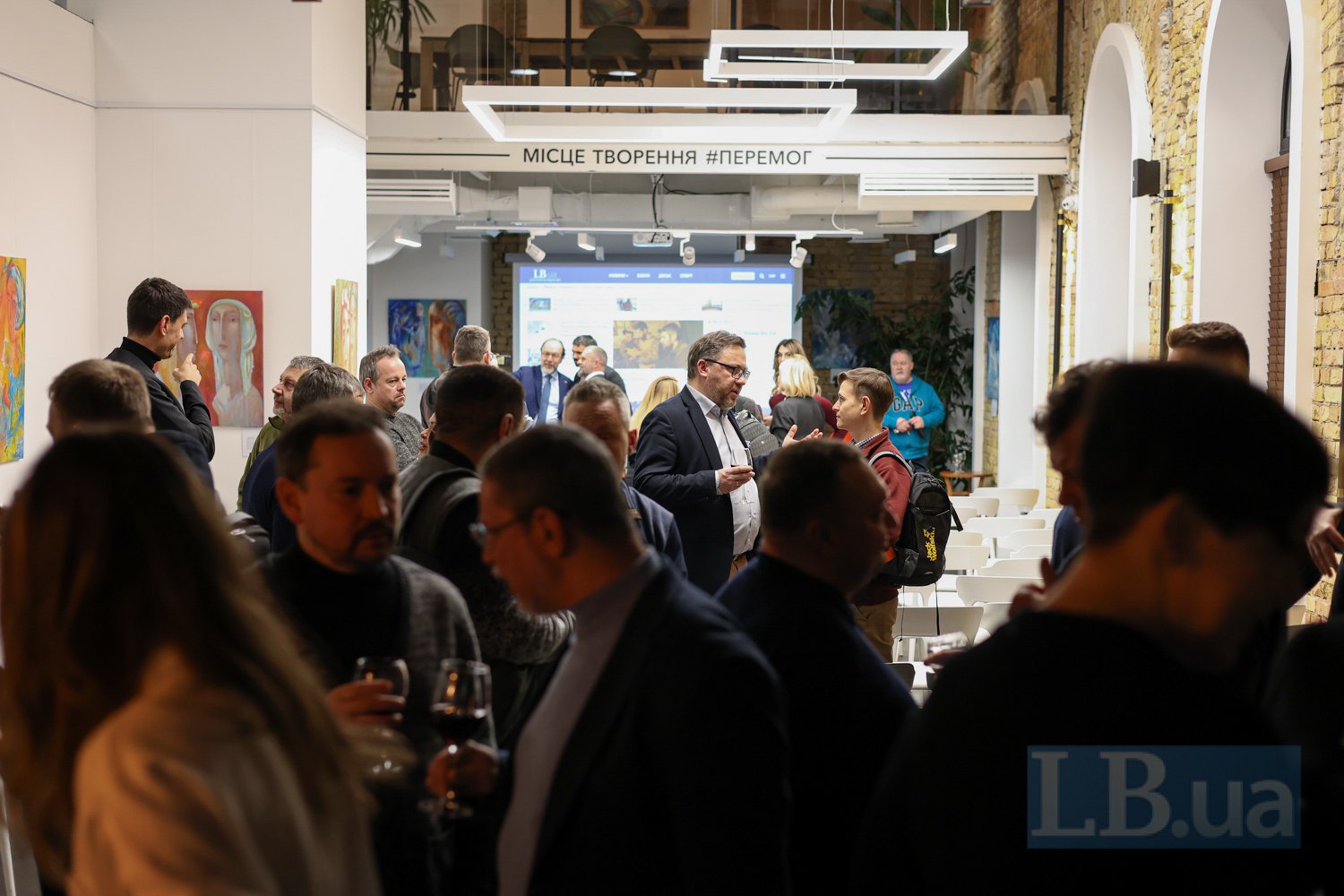
Ukrainians are no longer ashamed of their identity
Finally, some encouraging data.
Before the war, 18% of Ukrainians were ashamed of their identity, says Oleksiy Antypovych. “In Poland, about half of Ukrainian labour migrants tried to assimilate quickly and quietly, avoiding revealing that they were Ukrainian.”
Today, both abroad and in Ukraine, far fewer people feel this way. Initially, only about 2% were ashamed of their Ukrainian identity. Now that number is slightly higher, but it remains a small percentage.








